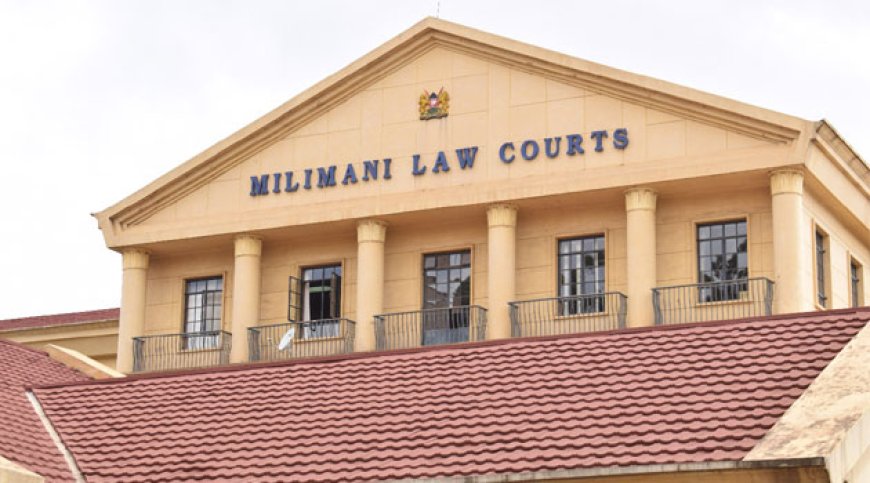Ruto Blocked From Collecting Taxes From Visa-Free Policy
The halted regulations had introduced the eTA system, which mandated a $30 (Ksh3,873.87) fee for all visitors entering Kenya.

President William Ruto's government has been dealt a significant blow in its plan to collect taxes derived from the Electronic Travel Authorisation (eTA) system, introduced as a replacement for visas for tourists entering Kenya.
On Wednesday, May 7, the High Court, through Justice Bahati Mwamuye, issued conservatory orders suspending the enforcement of the Immigration (Amendment) Regulations 2023.
The halted regulations had introduced the eTA system, which mandated a $30 (Ksh3,873.87) fee for all visitors entering Kenya.
"Pending the inter parties hearing and determination of the petitioner's Motion Application, a conservatory order be and is hereby issued staying the implementation or further implementation or the further application and enforcement of the Kenya Citizenship and Immigration (Amendment) Regulations, 2023," the ruling read in part.

The Milimani Law Courts in Nairobi. /EACC
The High Court’s ruling comes in response to multiple petitions contesting the legality of the Immigration (Amendment) Regulations 2023, with critics raising concerns over a lack of transparency and adherence to due process.
The contested regulations introduced the eTA system—part of Kenya’s broader visa-free entry policy—alongside sweeping changes such as tighter requirements for citizenship applications, broader classifications of foreign nationals, and new entry protocols including Advance Passenger Information (API), which compels airlines to submit detailed passenger data ahead of arrival.
The eTA system, introduced following a directive by President William Ruto, had required travellers to pay a $30 processing fee before entering the country. While the government has positioned it as a security and identity verification tool, opponents have argued it functions more like a mechanism for collecting taxes.
In his ruling, Justice Bahati Mwamuye not only suspended the implementation of the eTA system but also froze access to and use of any funds collected under the program.
The court further barred the Interior Ministry and its affiliated entities from disbursing any payments, whether direct or indirect, from eTA revenues, particularly under the associated Public-Private Partnership arrangement.
In addition, the amended regulations require citizenship applicants to submit a statutory declaration confirming they have not pledged allegiance to a foreign power or served in hostile foreign military forces.
Justice Mwamuye has directed all 11 respondents in the case—including Interior Cabinet Secretary Kipchumba Murkomen, the Attorney General’s Office, and the Director of Immigration and Registration of Persons—to submit all related documents, financial records, legal advice, correspondence, and materials pertaining to the regulations before the next hearing.
The conservatory orders will remain in effect until June 25, 2025, when the court is scheduled to hear the matter.
"The motion will be mentioned on June 25 to confirm compliance and to take either a date for highlighting written submissions in respect of the application or to take a Ruling Date/ Judgment Date," Justice Mwamuye further ruled.
On February 26, 2025, Tourism Cabinet Secretary Rebecca Miano announced that the government introduced an instant eTA for travellers visiting Kenya, including on a priority basis. Speaking while appearing on NTV's Fixing The Nation, Miano admitted that the initial implementation of the eTA system faced challenges, including longer processing times than traditional visas.
However, she emphasised that the Ministry has since improved the system, allowing for quicker approvals. Travellers now have access to instant eTA options.
The CS stated that after the African Union released a report downgrading Kenya’s visa openness, the ministry took steps to enhance it. This included exempting all African countries granting Kenyans visa-free entry from the eTA requirement.







